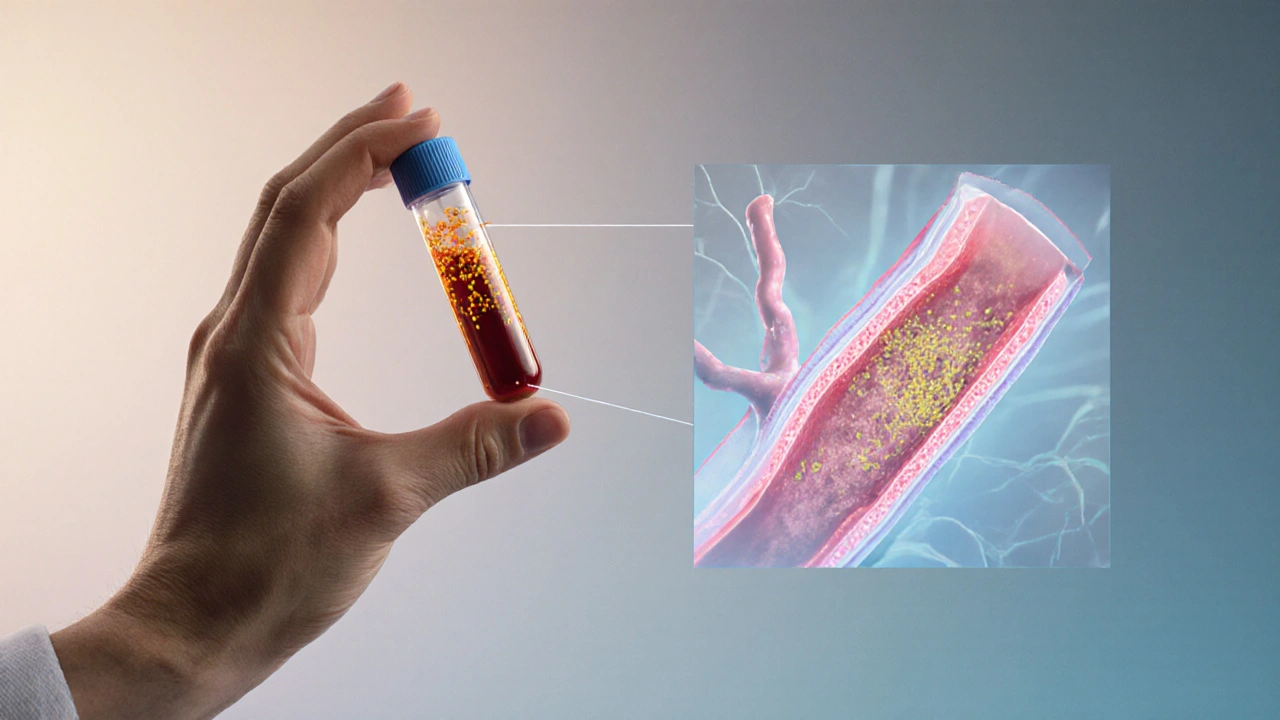Explore how high cholesterol drives plaque buildup, leading to coronary artery disease, and learn practical lifestyle and medical steps to protect your heart.
Statins: What They Are, How They Work, and What You Need to Know
When doctors talk about lowering cholesterol to protect your heart, they’re often talking about statins, a class of prescription drugs that block a key enzyme your liver uses to make cholesterol. Also known as HMG-CoA reductase inhibitors, statins don’t just reduce LDL — they help stabilize plaque in your arteries and reduce inflammation that can trigger heart attacks. If you’ve been told to take one, you’re not alone: over 40 million people in the U.S. alone use them, and they’ve been studied longer than almost any other medication.
Not all statins are the same. rosuvastatin, a potent statin often prescribed for high cholesterol and elevated CRP levels, can cut LDL by more than 50% at higher doses, while others like pravastatin are gentler but less powerful. What matters most isn’t the brand — it’s whether your dose matches your risk. Studies show that people with existing heart disease or diabetes benefit most, but even those with high cholesterol and no symptoms can reduce their chance of a heart event by 25% or more over five years.
Statins also have a quiet superpower: they reduce inflammation, a hidden driver of artery damage that cholesterol alone doesn’t explain. That’s why some people with normal cholesterol but high CRP — a marker of inflammation — still get prescribed statins. It’s not just about the numbers on a lab report. It’s about calming the body’s internal fire that can rupture plaque and cause sudden heart problems.
Side effects? Muscle aches are the most common, but serious muscle damage is rare — less than 1 in 10,000. Liver issues? Very uncommon. The real risk isn’t the drug — it’s avoiding it because of myths. If you’re worried, talk to your doctor. There are different statins, different doses, and sometimes a switch can fix the problem.
And while statins are powerful, they’re not magic. They work best when paired with real lifestyle changes — eating less saturated fat, moving more, quitting smoking. But for millions, they’re the difference between managing risk and facing a heart attack. The science is clear: when used right, they save lives.
Below, you’ll find detailed comparisons and real-world insights on how statins like rosuvastatin affect your body, how they stack up against other treatments, and what the latest research says about their long-term impact on heart health and inflammation.

